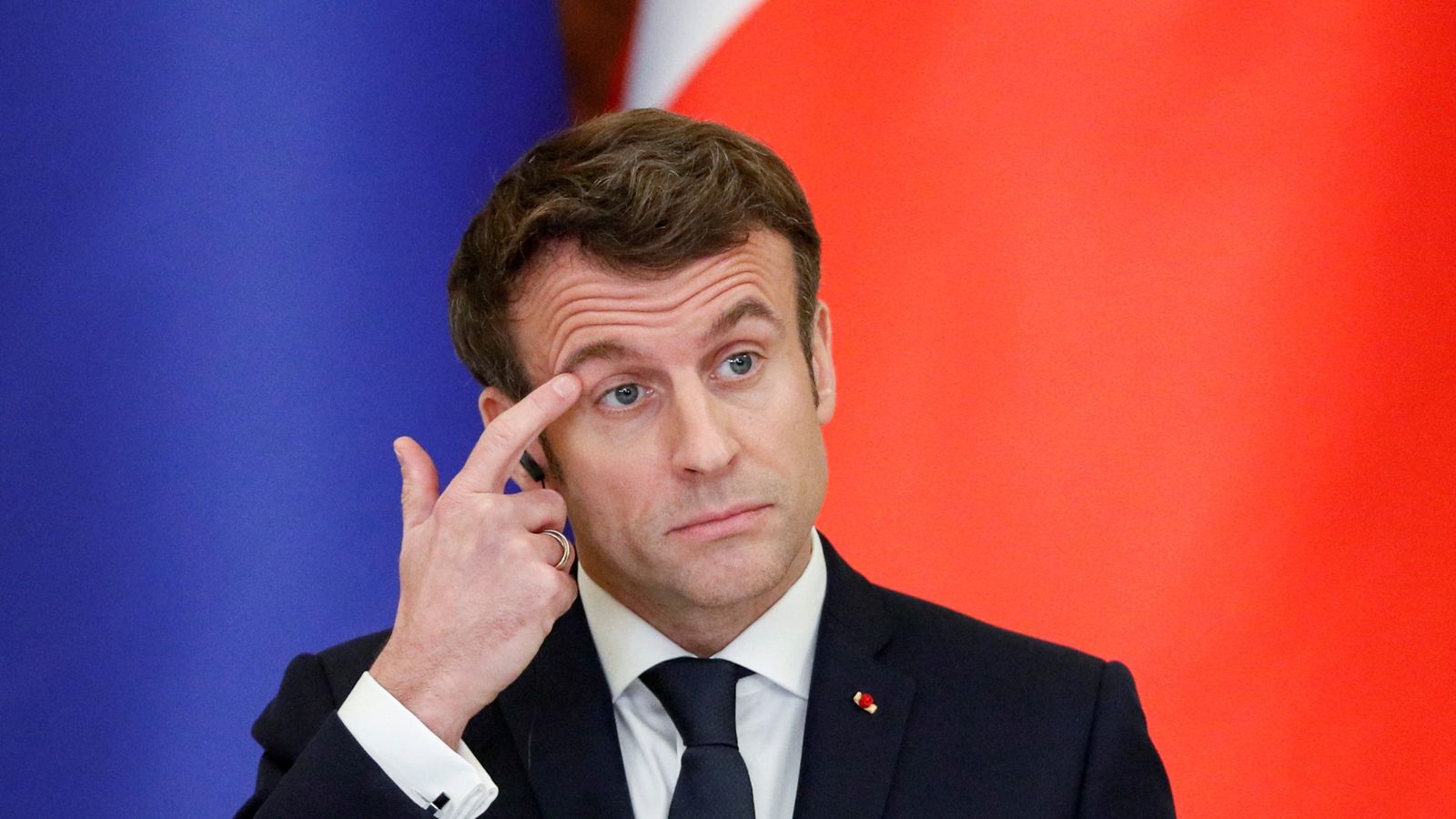Poland has summoned the French ambassador after the country’s prime minister was called a “far-right anti-Semite” by Emmanuel Macron.
The comments came after Polish PM Mateusz Morawiecki compared the French president’s phone calls with Vladimir Putin to negotiating with Hitler.
Mr Macron is a day away from France’s presidential election – where his main rival is far-right candidate Marine Le Pen – and Poland blamed his words on campaign fervour.
The row escalated when Mr Macron told Le Parisien on Thursday that Mr Morawiecki was a “far-right anti-Semite who bans LGBT persons”. He also claimed the Polish PM had been trying to help Ms Le Pen.
A spokesman for Poland’s government said it was a “lie” that Mr Morawiecki was anti-Semitic.
While President Macron did not go into detail about his claim, Mr Morawiecki caused controversy in 2018 when he said there were also “Jewish perpetrators” of the Holocaust.
His government also brought in a law that penalises people who apportion blame to Poles for Nazi Holocaust crimes.
When are the French presidential elections, who is running, and how do they work?
European markets jittery as France’s right-wing gather steam ahead of elections
Ukraine war: French President Emmanuel Macron condemns UK’s ‘grand statements’ over refugees
Another law effectively blocks restitution of property that was owned by Holocaust victims and later seized by the state.
Anti-Semitism is an especially sensitive topic in Poland as Hitler used the country to kill millions of Jews and others in notorious death camps such as Auschwitz, Treblinka and Belzec.
Poland has taken the highest number of refugees from the Ukraine war, and Mr Morawiecki earlier this week criticised Mr Macron’s diplomatic efforts – which have included several calls to Vladimir Putin despite other Western leaders shunning him.
“President Macron, how many times have you negotiated with Putin? What have you achieved?… Would you negotiate with Hitler, with Stalin, with Pol Pot?” he said at a Monday news conference
He also hit out at the German chancellor by name, saying: “Chancellor Scholz, Olaf, it is not the voices of German businesses that should be heard aloud in Berlin today. It is the voice of these innocent women and children.”
In France, Mr Macron looks set to take on Marine Le Pen in a fortnight in a second-round run-off that pits the two most popular candidates against each other.
Mr Macron, 44, beat Ms Le Pen by a landslide in 2017 to become France’s youngest president but this time the contest appears much closer.
If she wins, Ms Le Pen would become the country’s first woman president, while a win for Mr Macron would make him the first president for 20 years to win a second term.






















